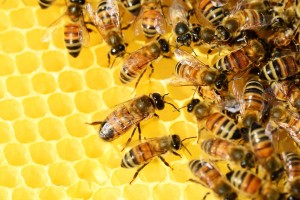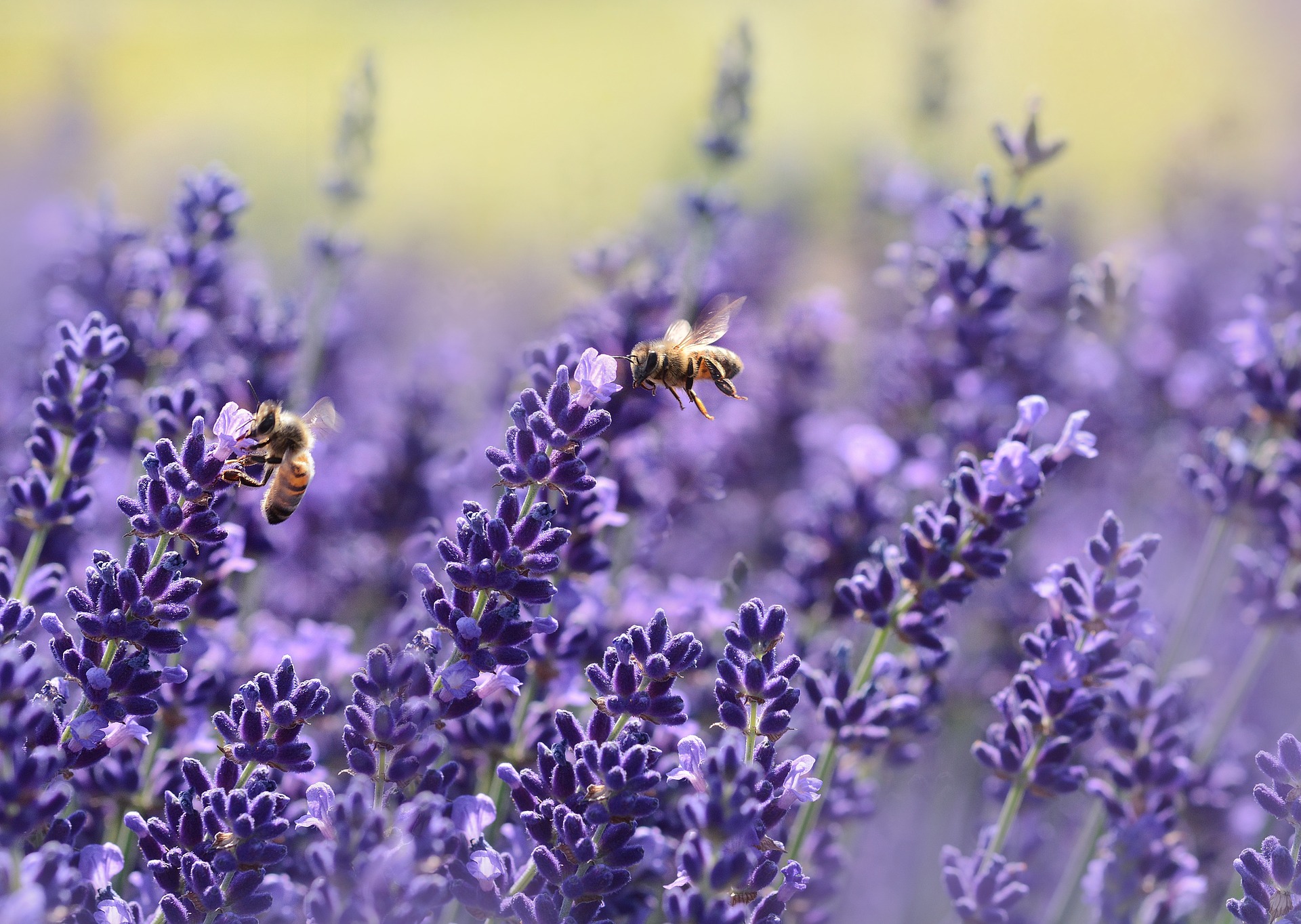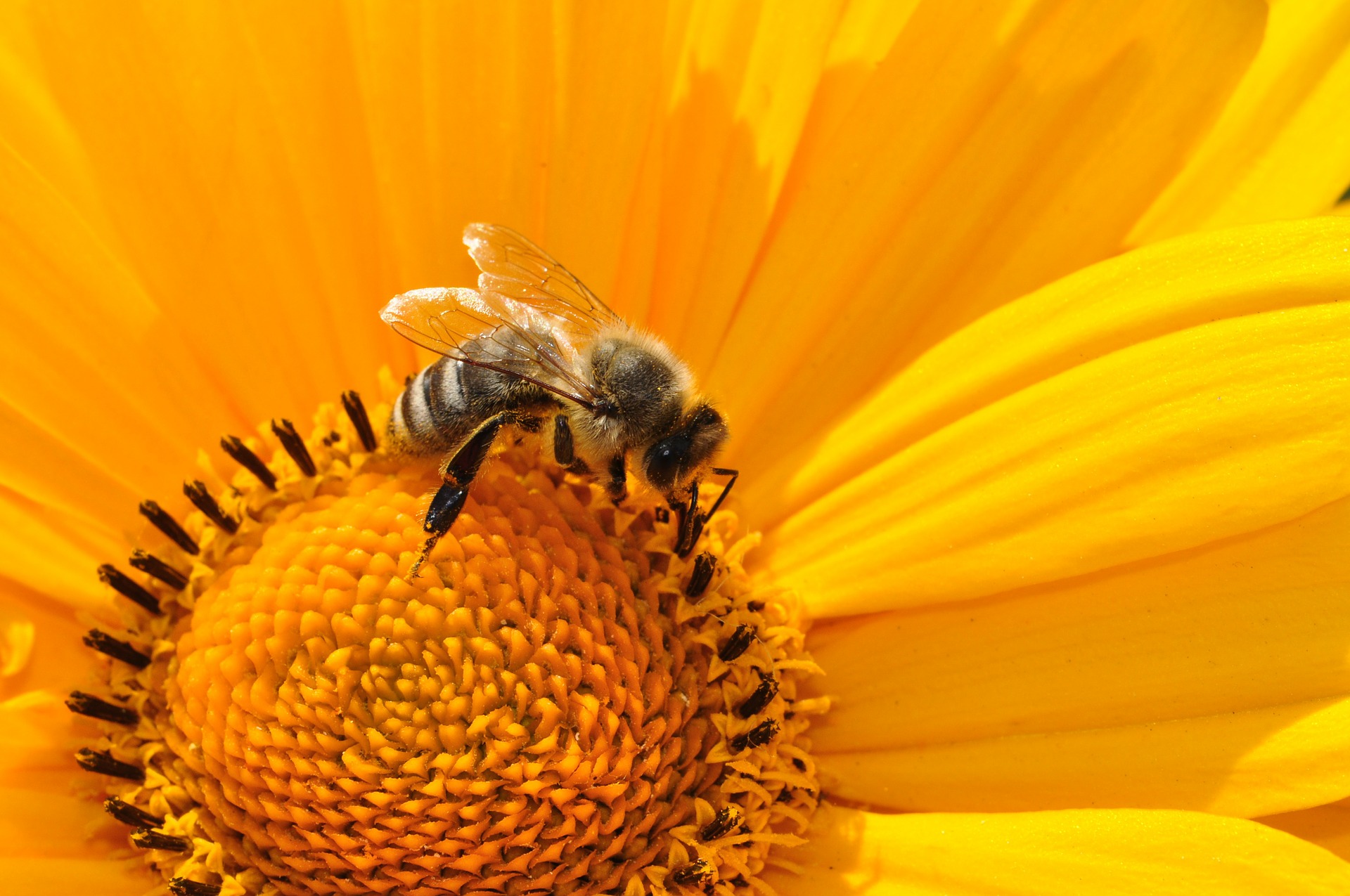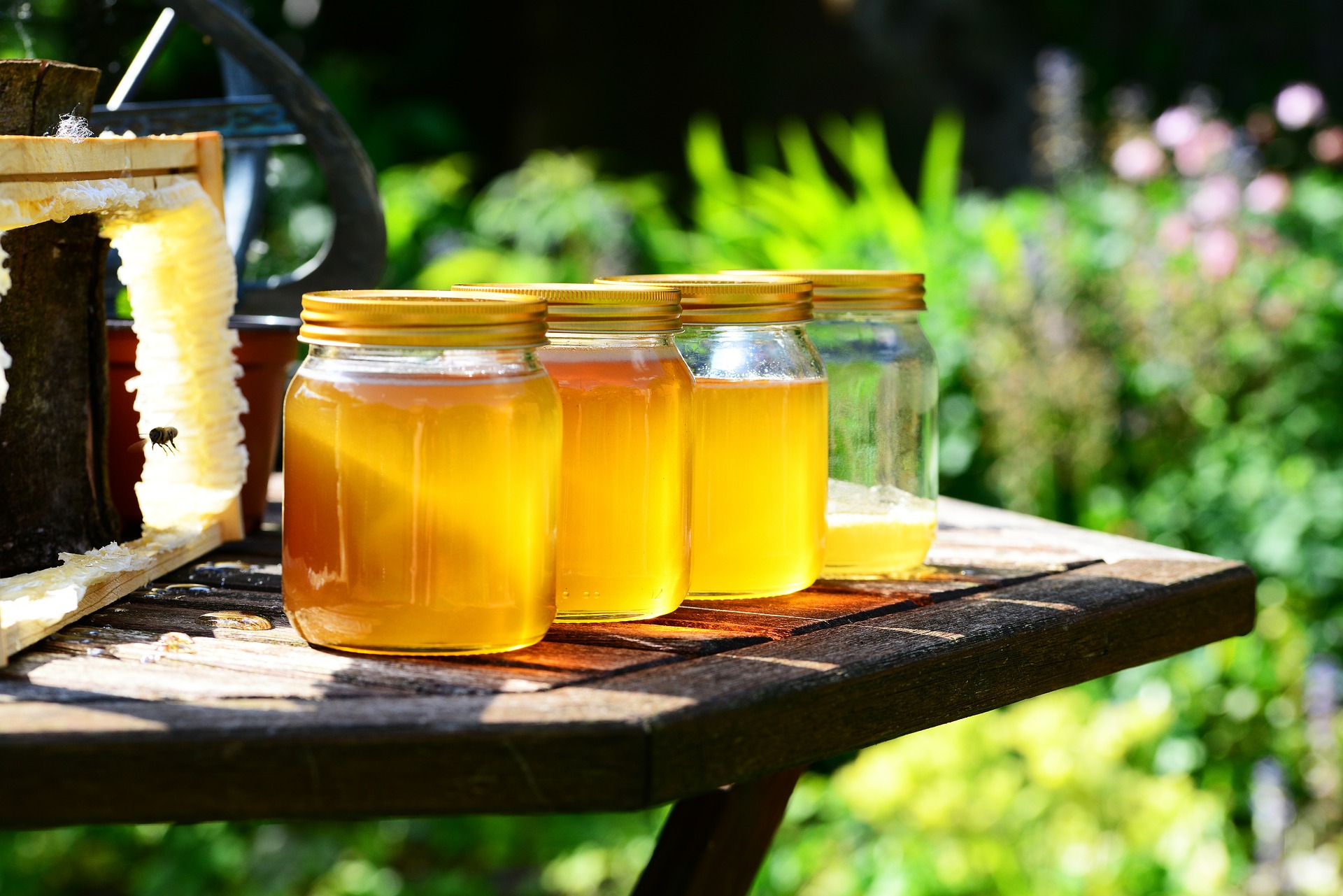
World Bee Day 2021
FAO-led World Bee Day 2021 calls for further collaboration to safeguard biodiversity and strengthen agriculture and food systems through bees and other pollinators

Rome: Bees and other pollinators play an important role in ensuring ecosystems services, food security, nutrition, and livelihoods. Pollination is not only crucial to ensure food security as three out of four leading food crop types across the globe depend, at least in part, on pollinators.
However, in many regions bees and other wild pollinators such as birds, bats, butterflies and beetles are declining in abundance and diversity. Most of these drivers are manmade. The absence of pollinators would majorly affect coffee, apples, almonds, tomatoes and cocoa, to name just a few. Three out of four leading food crop types across the globe depend, at least in part, on pollinators. However, in many regions bees and other wild pollinators such as birds, bats, butterflies and beetles are declining in abundance and diversity. Most of these drivers are manmade. The absence of pollinators would majorly affect coffee, apples, almonds, tomatoes and cocoa, to name just a few.

Pollination can also help diversify livelihoods of smallholder farmers, who have been hit hard by the impacts of the COVID-19 pandemic. Pandemic risk is driven by increased land use change, habitat degradation, agricultural expansion and unsustainable intensification, which also negatively impact pollinator communities. COVID-19 recovery activities can also decrease drivers of biodiversity and ecosystem loss – simultaneously lowering pandemic risks while safeguarding our pollinator communities.
Today, on the occasion of the fourth observance of World Bee Day, FAO Director-General QU Dongyu said at a high-level virtual gathering under the theme ‘Bee engaged – Build Back Better for Bees’, that it is estimated that the value of pollination services to global food production is worth up to USD 600 billion annually.

“The 2030 Agenda calls for the eradication of hunger and poverty” she said and highlighted that bees play a major role in the required food systems that are more efficient, inclusive, resilient and sustainable. “They (Bees) are important to our food security, nutrition and the environment,” she added.
According to her, FAO is leading the global celebrations of the 2021 International Year of Fruits and Vegetables this year and hence “it is particularly important to highlight the role of pollinators for fruits and vegetables”.
The Director-General urged attendees of today’s event to work together saying – “Bee engaged and build back better for bees!” She and Jeff Pettis, the President of Apimondia (the World Federation of Beekeepers’ Associations) also signed a Memorandum of Understanding (MoU) whichbuilds on more than 60 years of collaboration and is set to strengthen the collaboration between FAO and Apimondia for sustainable beekeeping. The agreed work plan places particular emphasis on leveraging the development resources offered by beekeeping to address crucial issues affecting rural communities, which will allow the two organizations to synergize and assist countries in achieving the Sustainable Development Goals (SDGs) while promoting and protecting bees and pollinators.
Subsequent speakers called for global cooperation and solidarity to counter the threats posed by the COVID-19 pandemic to food security and agricultural livelihoods alongside prioritizing environmental regeneration and pollinator protection. The high-level speakers included Jože Podgoršek (Minister for Agriculture, Forestry and Food of the Republic of Slovenia); Julia Klöckner (Federal Minister for Food and Agriculture of the Federal Republic of Germany); Dr Taïga (Minister of Livestock, Fisheries and Animal Industries of the Republic of Cameroon); David Cooper (Deputy Executive Secretary, United Nations Convention on Biological Diversity); and Jambaltseren Tumur-Uya (State Secretary of the Ministry of Food, Agriculture and Light Industry of Mongolia).
– global bihari bureau





